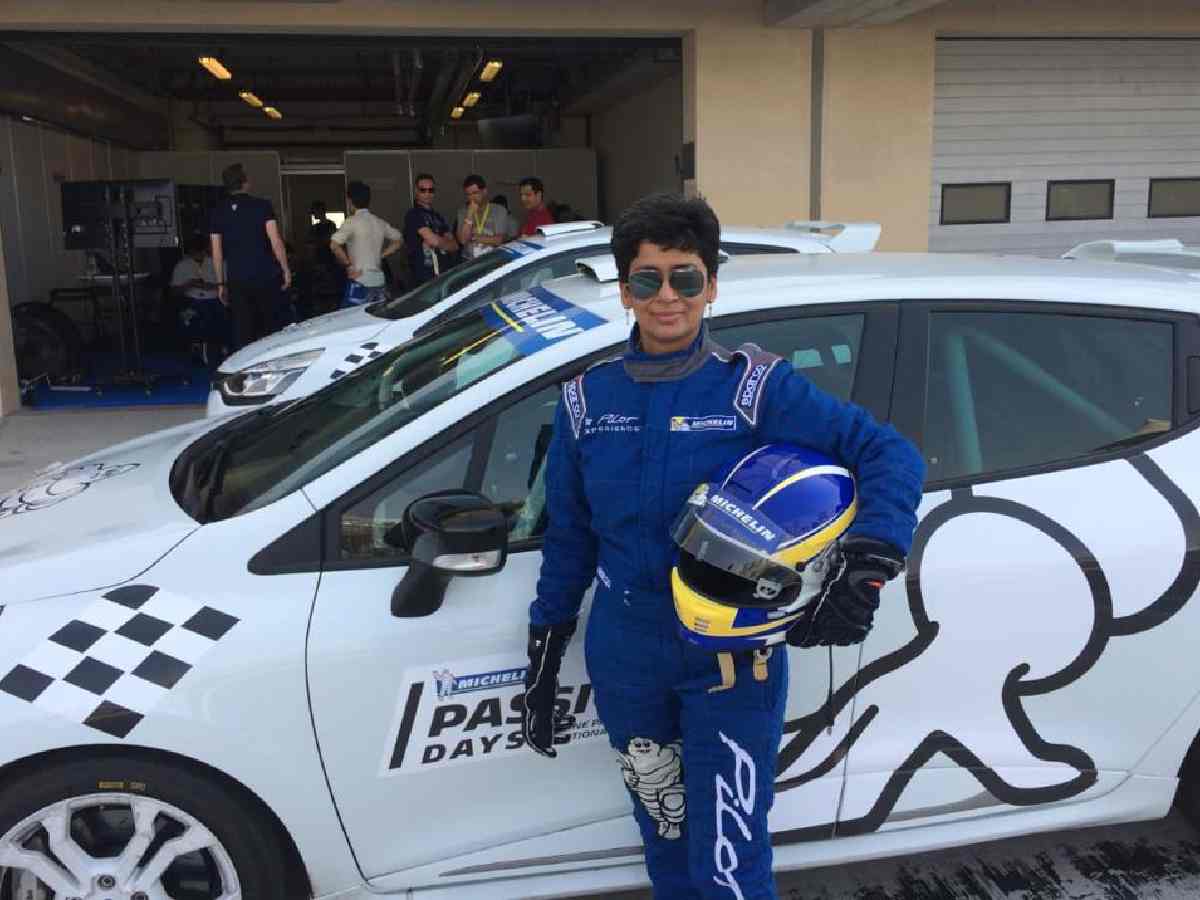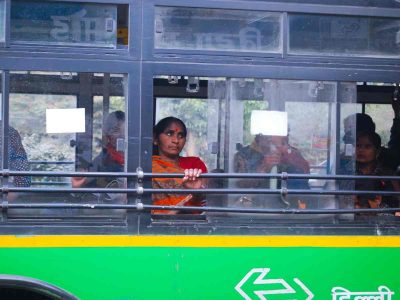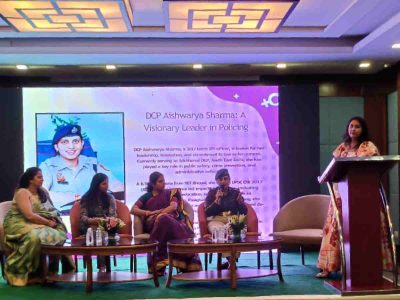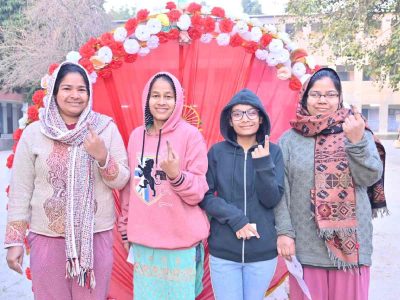On International Women’s Day, we celebrate the strength, perseverance, and achievements—both on and off the field—of women in sports. While cricket and tennis stars often dominate the headlines, many extraordinary athletes in lesser-known sports are quietly breaking barriers and achieving greatness. Here are four Delhi-based sportswomen who have defied the odds and left an indelible mark in their respective disciplines. Their stories are a testament to the power of passion, resilience, and determination.
Anahat Singh: The squash prodigy eyeing Olympic glory
At just 16, Anahat Singh has already emerged as one of India’s most promising squash players. Her recent victory at the 2025 British Junior Open, where she claimed the U-17 title, adds to her growing list of accolades. “The matches were challenging, but I focused on enjoying the game rather than the pressure of being the top seed,” she shared.
Anahat’s journey into squash began serendipitously. Initially a badminton player, she discovered squash while accompanying her older sister to practice. “I played both sports for a while but realised I was better at squash and enjoyed it more,” she recalled. Since then, her ascent has been meteoric. She won the U-11 British Junior Open in 2019, became the first Indian to win the U-15 US Open in 2021, and secured double gold at the 2023 British Junior Open (U-15 and U-17), along with a bronze at the Asian Games.
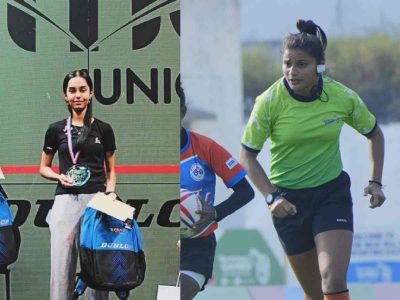
Inspired by legends like PV Sindhu, Joshna Chinappa, and Dipika Pallikal, Anahat now competes alongside her idols. With squash set to debut at the 2028 Olympics, she has set her sights on representing India. “Playing at the Olympics is every athlete’s dream, and I hope to bring home a medal,” she said.
Priya Bansal: Paving the way for women in rugby
At 29, Priya Bansal is a trailblazer in Indian rugby. A proud Delhi native, she captains the Delhi Hurricanes Women’s Team, serves as an Asian-level rugby referee, and works as a physical education teacher at a government school. Priya has represented India in prestigious tournaments such as the 2023 Asian Games, the 2019 Asian Sevens Trophy, and the 2016 Olympic Qualifiers.
Her journey began in 2011 when she discovered rugby through a workshop organised by the Delhi Hurricanes Club. By 2013, she was selected for the Indian Rugby Camp and soon earned a spot on the national team. “Rugby isn’t just a sport; it builds mental strength and teaches teamwork,” she told Patriot.
Priya has witnessed significant growth in the sport over the years. “Earlier, we had just one match a year. Now, national tournaments, university games, and Khelo India events provide many more opportunities,” she said.
Encouraging young women to take up rugby, Priya highlighted the increasing support for the sport. “Rugby now offers scholarships and central government jobs for players. These initiatives make it easier for women to pursue the sport professionally,” she added. Her journey is a testament to passion and perseverance, inspiring more women to step onto the rugby field.
Bani Yadav: Racing against all odds and empowering women on the tracks
In a country where motorsports have long been dominated by men, Bani Yadav has carved a niche for herself as a champion racer, mentor, and advocate for women in the field. Defying ageist norms and societal expectations, she entered professional racing at 43 and has since become one of India’s most celebrated women in motorsports.
Born into a family where cars and speed were unconventional career choices for women, Bani developed a passion for driving early in life. However, societal norms and family responsibilities kept her from pursuing racing professionally until later. “I always loved driving, but it wasn’t considered a ‘respectable’ career for a woman,” Bani recalled. “I had to wait for the right time to follow my dream.”
That time came in her forties when she decided to take the leap into professional racing. Her decision was met with scepticism and gender bias. “People told me I was too old, that motorsports were not for women. But I was determined to prove them wrong,” Bani said. Her first major breakthrough came when she participated in the Rally Raid de Himalaya, one of India’s toughest rallies. Competing against seasoned male drivers in extreme terrains, she not only completed the race but also made a lasting impression.
Over the years, the champion racer has amassed numerous accolades, including multiple national titles in rallying and autocross. She remains undefeated in all major four-wheel cross-country rally championships in India and has been recognised as the Best Female Driver by FMSCI. Additionally, she is a TEDx speaker, using her platform to inspire young women to break gender stereotypes.
One of her most impactful contributions is her initiative, Drive With Bani. Through this programme, she trains and empowers women—particularly survivors of abuse and acid attacks—by teaching them driving skills. “Driving is not just a skill; it’s a tool for empowerment,” she explained. “It gives women the confidence to be independent and the means to earn a livelihood.”
Bani has trained 30-35 women for free, many of whom now work as drivers for Uber, Ola, and other transport services.
Charanjeet Kaur: Overcoming challenges, one shuttle at a time
Born in Patiala, Punjab, and now settled in Delhi, Charanjeet Kaur’s journey in para-badminton is a story of resilience and perseverance. She began playing at 21, not for medals, but to stay fit despite her disability. “Because of my disability, I faced so many challenges from childhood,” she shared. “My parents never cared if I won or lost; they just wanted me to be active, to be able to walk properly.”
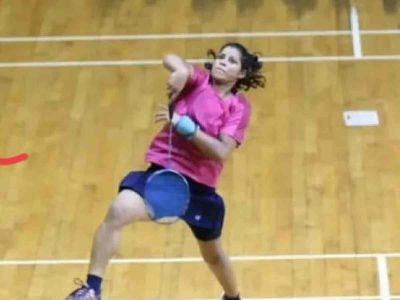
For the past 20 years, Charanjeet has been a consistent national medallist, winning gold at the 2007 World Championship and numerous other accolades. Yet, her achievements often go unnoticed. “If you’re not on social media, your talent doesn’t matter. How will people know you if you just sit at home?” she lamented.
Being a woman in India added another layer of struggle. “If you are a woman, you don’t have a place to live,” she said. “People judge you for your complexion, your weight, your choices.”
Also Read: Floating identities: A tribute to urban Indian women
Despite societal pressures, she refuses to give up. “Even after 20 years, I still struggle. I am a mother, I am ageing, but I still dream of playing at the Olympics, at the Asian Games.”
Her message to women is clear: “You have your own self-respect, your own life. Don’t let society decide your worth. Break all barriers and move forward.”
Even now, as she prepares for her next competition, Charanjeet continues to fight—not just on the court, but against a world that often refuses to see her.

